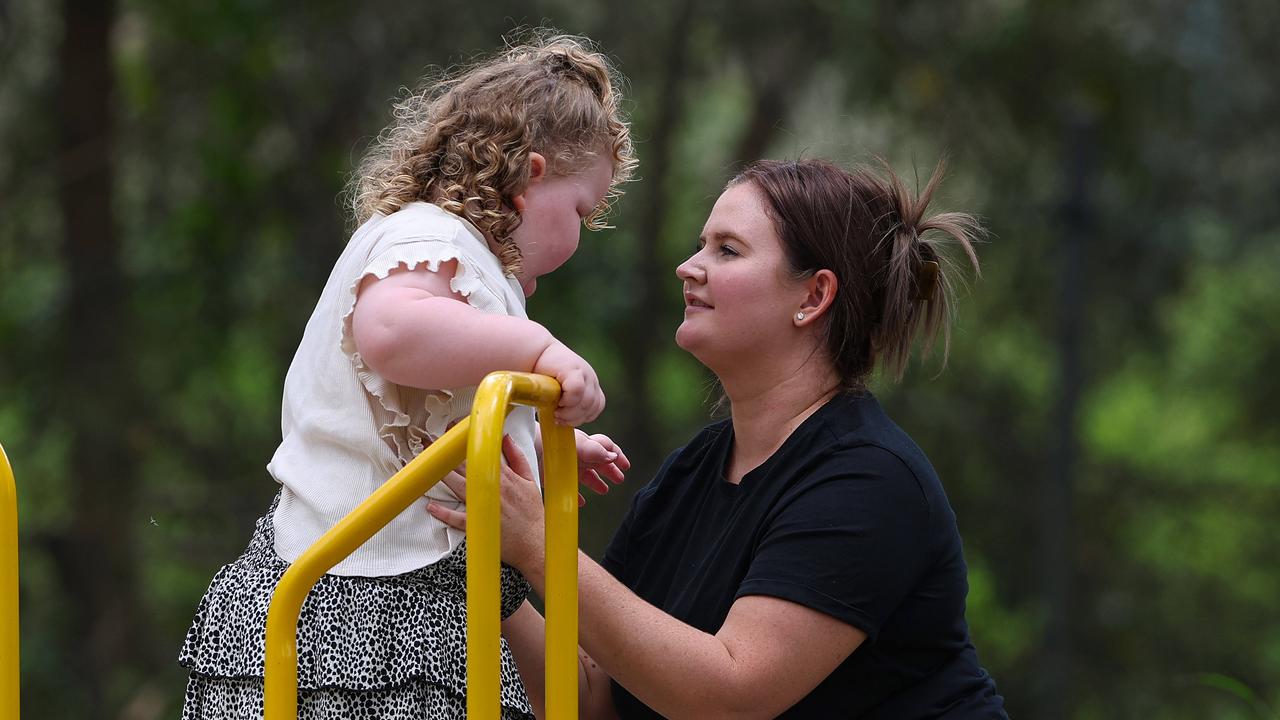Brisbane mother Meagan Hammond battling with NDIS over funding
A Brisbane mother-of-three, who lost bowel function after her spinal cord was damaged in surgery, has had the funding to her only way of going to the toilet cut off by NDIS.
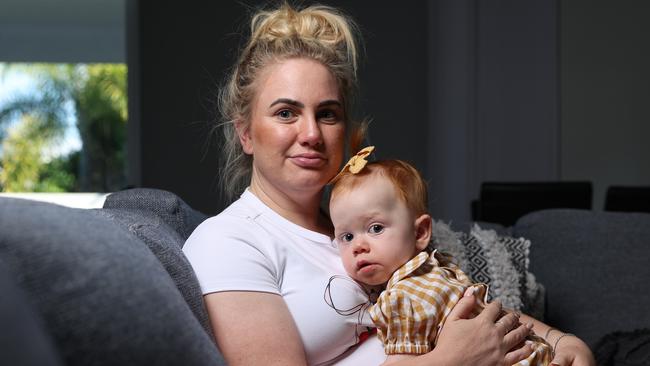
Lifestyle
Don't miss out on the headlines from Lifestyle. Followed categories will be added to My News.
A disabled mother of three says she is unable to go to the toilet after the agency that runs the National Disability Insurance Scheme cut funding to the only treatment that gives her relief.
Brisbane woman Meagan Hammond, 40, who recently settled a case against Queensland Health and a private surgeon for neglect after she was left with a permanent spinal cord disability, is now locked in a battle with the NDIA after it cut funding to her “life saving” colonic irrigation procedures three times per week.
Miss Hammond, who has limited mobility, said she had tried other medications and procedures to assist her with going to the toilet but after various trials and errors, including a hospital stint last year, colonic irrigations proved to be the only viable treatment.
She said she would be willing to swap her entire annual $130,000 NDIS plan to secure funding for her toileting needs, which costs $170 a session.
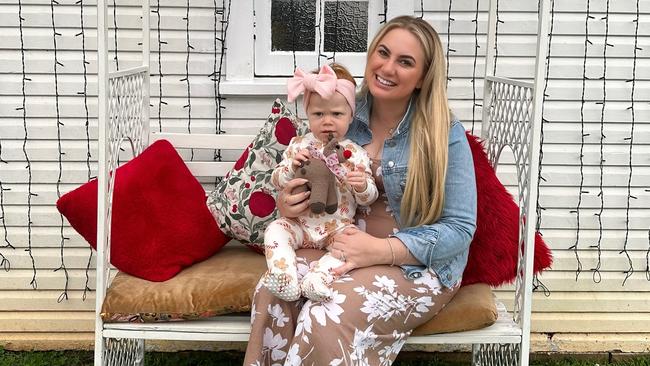
“It is an essential toileting need,” Miss Hammond said.
Miss Hammond said that she was now left with no option but to consider getting a stoma and collection bag.
“This is a prospect I am not keen on as it involves major surgery, potential risks, and increased costs compared to my current method,” she said.
“My GP, who has been with me throughout my entire spinal cord injury journey, strongly disagrees with the NDIA’s decision.
“The colonic irrigations is the cheapest solution too and it’s what has been working for me for so long, stomas come with risk, complications and infections,” Miss Hammond said.
“A stoma isn’t a walk in there and get it, it takes a lot of work to get there and sometimes they don’t work.
“I’ve had an advocate from Spinal Life Australia and my GP reach out to the NDIA.
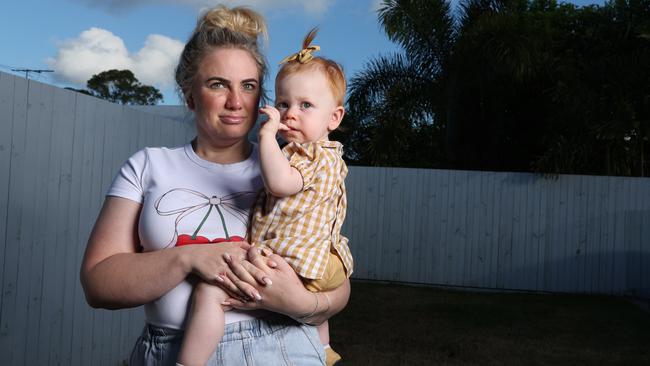
Miss Hammond said she was extremely scared for her future.
“While I have been fortunate to maintain bladder control without aids, my bowel function has ceased,” Miss Hammond said.
“I need this to live.”
An NDIA spokesman said they would continue to work with Miss Hammond to ensure she can access the appropriate disability related supports.
“The NDIS was designed to complement, not replace mainstream supports, such as the health system,” a spokesman said.
“Under the list of approved NDIS Supports, alternative therapies are identified as services that are not NDIS supports as they are not evidence based.
“Participants must spend in line with their NDIS plan. If there is repeated use of NDIS funding outside of a plan’s intention, the Agency may put payment controls in place,” he said.
The spokesman said the agency may not fund everything recommended by a health professional.
“All funding decisions are required to be made in accordance with the NDIS Act,” a spokesman said.
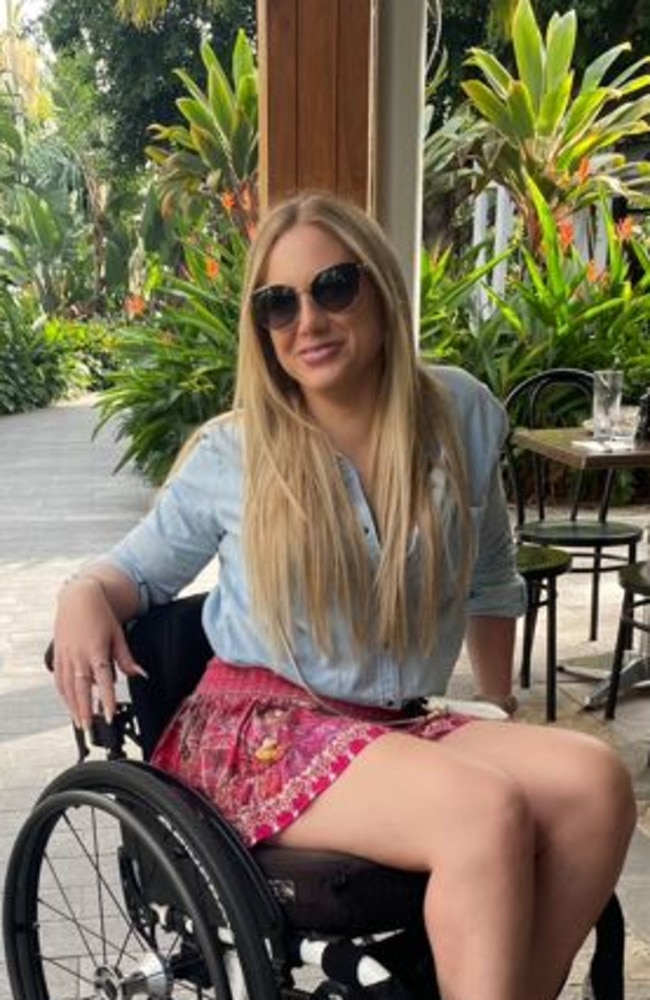
Ms Hammond said her support worker had also contacted the NDIA saying the colonic irrigation was the “cheapest option” for her.
“It’s not my fault I haven’t responded to more normal therapies, but this has been working for me for five years,” she said.
Miss Hammond has started a fundraiser to help raise support for her “life saving” treatments.
If you can donate, please click here.

